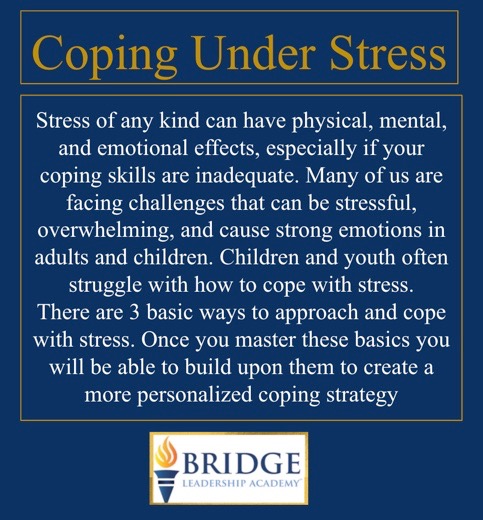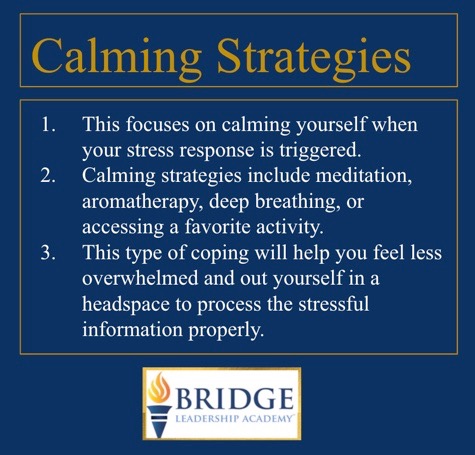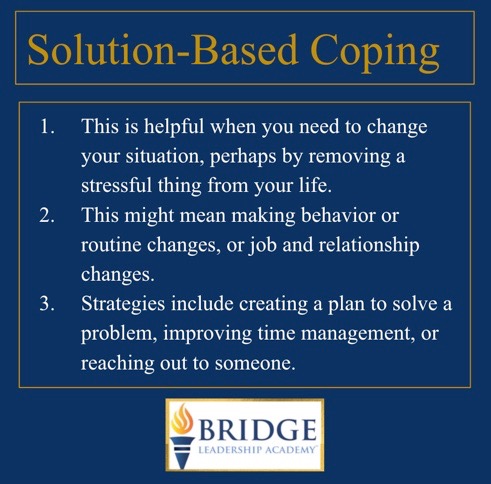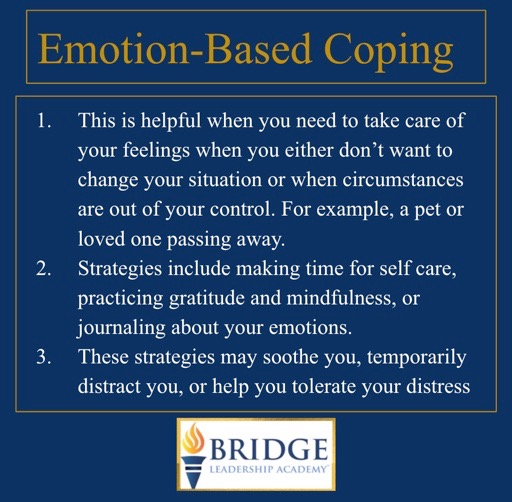Coping Under Stress
Jun 08, 2022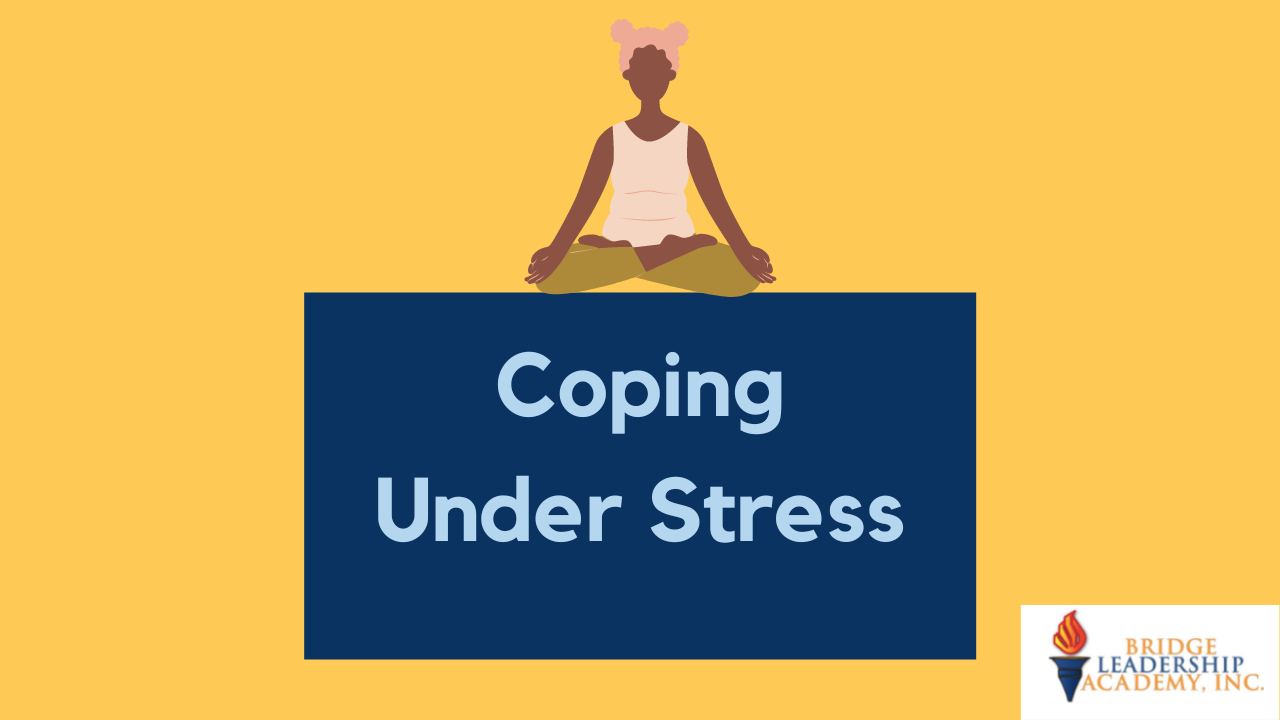
An important skill to learn and strengthen is how to regulate your emotions, which allows you to know how to cope in stressful situations. Oftentimes, we face moments in life that make our emotions skyrocket, resulting in stress. Stress of any kind can have physical, mental, and emotional effects, especially if your coping skills are inadequate.
Coping skills help you tolerate, minimize, and deal with stressful situations in life. Managing your stress well can help you feel better physically and psychologically and it can impact your ability to perform your best.
The pandemic has increased everyone’s stress levels, including kids and teens. Now, more than ever, we need to practice healthy strategies for managing feelings and coping with stress.
Coping is not something we are born knowing how to do; it’s something we learn how to do with practice. It’s never too early or too late to start developing healthy coping skills, and teaching your kids healthy coping strategies will help them become more resilient (better able to handle life’s ups and downs).
Examples of healthy coping skills
Active coping strategies:
- Go for a walk, run or hike.
- Do some yoga or stretching.
- Do jumping jacks.
- Run in place.
- Put on some music and dance.
- Bounce or kick a ball.
- Jump rope or hula hoop.
- Squeeze a stress ball.
- Go for a bike ride.
- Play a family game of tag or basketball.
Relaxing coping strategies:
- Listen to calming music.
- Take some deep breaths (deep breathing).
- Think of a calm, happy place (guided imagery).
- Tense and relax your muscles (progressive muscle relaxation).
- Take a quiet break or rest.
- Have a drink of cold water.
- Close your eyes, and count to 10 or backward from 100.
- Read a book or magazine.
- Take a bath or shower.
- Blow bubbles.
- Hug a stuffed animal.
- Spend time outside. Sit and look at the clouds, or close your eyes and listen to the sounds around you.
Creative coping strategies:
- Color, draw or paint.
- Write a poem.
- Make up a song.
- Play an instrument.
- Write about your thoughts or feelings (journal).
- Play with Play-Doh.
- Build with Legos or blocks.
- Play with different textures, such as dry rice or shaving cream.
- Make up a new game.
